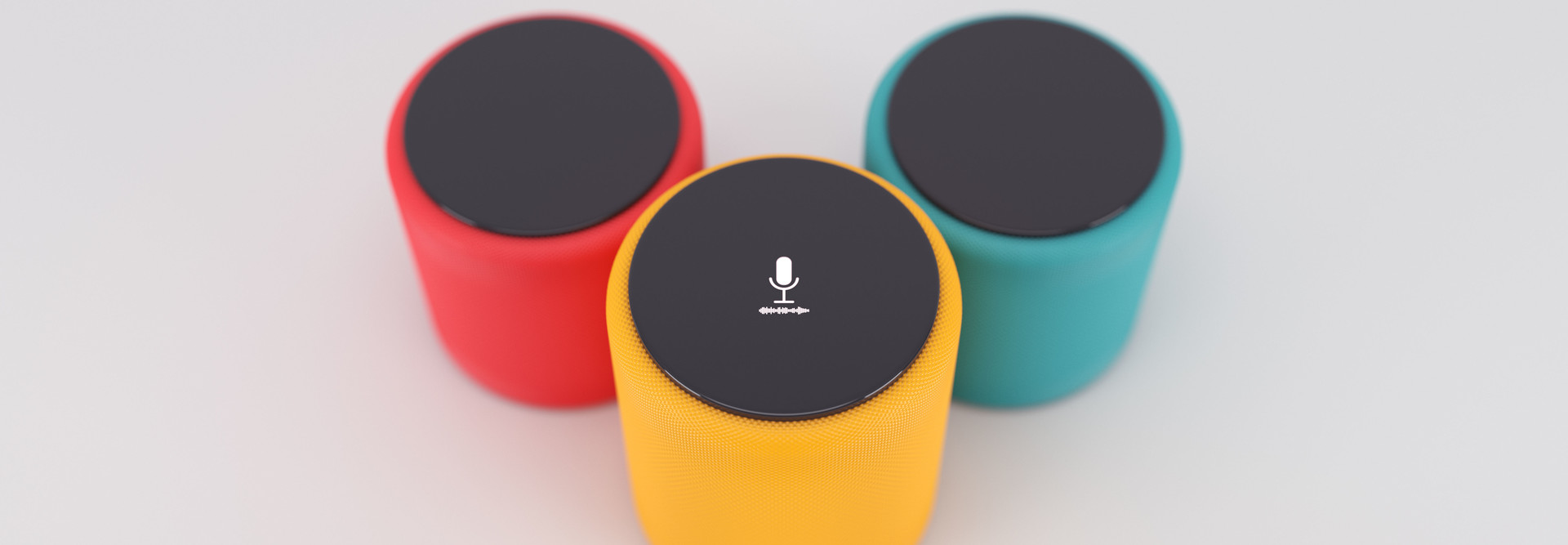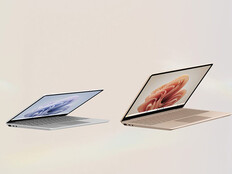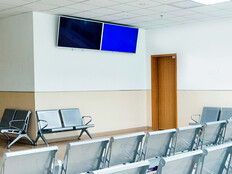Smart speakers are becoming as pervasive in healthcare systems as they are in homes. A report from IHS Markit Technology predicts that more than 900,000 of these devices will be used across the healthcare industry by next year.
One reason why: They help.
In offering hospitals benefits such as improved patient outcomes and staff efficiencies, the high adoption rate comes as little surprise to Stephanie Winer Schreiber.
“Hospitals and healthcare systems have a number of goals, but their first and foremost is how to best improve patient care,” says Schreiber, a corporate and healthcare attorney with Buchanan Ingersoll & Rooney. “And second, it’s how to best improve a patient’s experience while improving care. Often, that involves new and different technologies to accomplish those goals.”
Improving the patient experience can prove particularly challenging in patient rooms, exam rooms and waiting areas, says Corey Gaarde, senior technology specialist and associate vice president of design firm Hoefer Wysocki. For Gaarde, smart speakers are viewed as a way of introducing “concierge-level services” in each of those locations.
Gaarde also points out that, despite the devices’ advantages, hospitals can’t simply place smart speakers in every patient’s room. To truly improve care and patient experience, healthcare systems must first consider the security and privacy concerns the devices present.
LEARN MORE: Make smart speakers part of your care strategy.
Smart Speakers in Healthcare: Overcoming the Challenges
While the use of smart speakers to improve patient care and experience is growing, challenges still remain. For instance:
- Dictating notes may be faster that handwriting or typing notes, but strong Wi-Fi is often necessary to yield positive results.
- Doctors who place medical orders via the devices might accidentally order the wrong medication or dosage for a patient if they are misheard.
- There is massive risk associated with storing protected health information on another party’s servers, which may not be HIPAA-compliant.
One significant milestone in data protection came in April 2019, when Amazon announced that its Alexa Skills Kit would be HIPAA-compliant, allowing skill developers to meet the rules and requirements that dictate how health information is shared and stored if they follow the HIPAA guidelines.
Still, with hospital systems’ goals of improving both patient care and the patient experience, says Schreiber, smart speakers need to be implemented in such a way that put patients’ — and their data’s — protection first.
As hospitals increasingly introduce smart speaker technology into a patient care setting, healthcare IT teams should prepare to address increased bandwidth needs, ensure the accuracy of voice-based tools and train clinical staff on data security best practices.
Hospital clinical staff and IT teams should work closely together to find a balance, says Gaarde, “to figure out what they can get from a device, but also work with ethics at the bedside.”
The Many Benefits of Smart Speakers Today
When introduced properly, smart speakers can offer ample benefits across healthcare. The devices found in patient rooms can perform many of the same common functions they would in a person’s home, such as changing the volume or channel on a TV or changing the room temperature.
Gaarde mentions that in some rooms, smart speakers can also control curtains and lighting, and can even be used to “play soothing music or something else that patients want to enjoy to make it a more personal experience.”
A pilot program at Cedars-Sinai demonstrates smart speaker capabilities that go beyond completing routine tasks, enabling patients to call for nurses or make requests for things like water or medication.
By implementing an Alexa-powered platform called Aiva in over 100 patient rooms, patients of the Los Angeles-based healthcare system are encouraged to interact hands-free with nurses. Patient requests made via smart speaker are automatically directed to the appropriate caregiver’s mobile phone.
For example, medication requests are sent to a registered nurse, whereas a bathroom request would route to a clinical partner. When patient requests are not resolved quickly enough, the voice assistant platform sends the notification up the command chain.
Smart speakers are being used by caregivers as well. The devices let physicians look up information vocally without needing to type or touch anything, thus keeping scrubbed-in hands clean.
“When you're in the middle of a procedure, you need to remain sterile, so you lose the ability to use a computer," said Dr. Kevin Seals, a fellow in interventional radiology at the University of California, San Francisco, in a study published by Society of Interventional Radiology. "This smart speaker technology helps us to quickly and intelligently make decisions relevant to a patient's specific needs."











